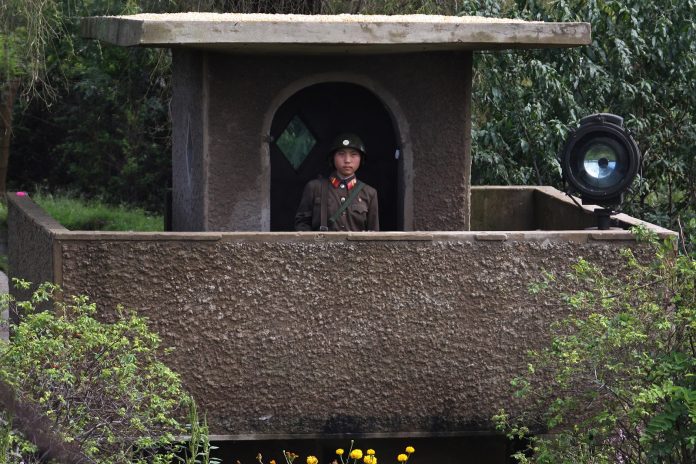“Daily NK Snapshots” are synopses of select articles from our Korean website. Snapshots provide a window into Daily NK’s reporting—domestic news items that are primarily intended for a North Korean audience given their lack of an independent, objective source of information—and into everyday life and society within North Korea for international audiences.
Coffers Privatization of new homes in Rason Special Economic Zone bolsters state
Titles of residential houses currently being constructed in the Rason Special Economic Zone are being sold to individuals, including foreigners. North Korean authorities are charging prices significantly above the market price and are only accepting lump sum payments for the full price, implying a concerted effort to secure foreign currency earnings for state funding. The most expensive houses are reportedly priced around CNY 10 million (approximately USD 1.4 million) and flaunt European-style interiors, as opposed to the Chinese-style of interior that is orthodox for North Korean residences.
Moreover, the sale of titles to individuals is in and of itself a novel development in North Korea, as individuals were historically only granted limited rights to live within housing owned by the government. With the exception of investment by donjuLiterally "masters of money," donju refers to people who hav... More, the authorities have directly controlled the planning, constructing, maintaining, and selling the Rason residences to maximize profit from the venture. Additionally, foreign investors have been permitted to invest in housing in the effort to show that North Korea is not closed-off from the rest of the world.
Full article in Korean by Jang Seul Gi here.
Prosecutor and his wife receive prison time for human trafficking conspiracy
A prosecutor in Hyesan City was sentenced to more than twenty years in prison and his wife was sentenced to thirteen years for charges related to human trafficking. The victims were young women assigned to work units in Hyesan, only to be deceived by the prosecutor’s wife into defecting to China with the prospect of earning money there. The human trafficking scheme was uncovered when these young women were caught and arrested by border guards and forcibly repatriated to North Korea, leading to an investigation. The investigation revealed that the woman was involved in human trafficking, defections, and drug smuggling. Her husband used his role as a prosecutor to get her off the hook, and he was charged with corruption.
Full article in Korean by Kim Yoo Jin here.
Booby traps installed in Sino-DPRK border region impede defections
North Korean authorities have recently installed various booby traps along main roads and rivers in the Sino-DPRK border region to avert defections, some of which are life-threatening, such as firecrackers that operate like landmines (they are buried underground and are activated when stepped on), trap pits lined with iron skewers, wooden boards embedded with nails, and poisonous barbed wires. In the past, North Korean defectors have suffered serious injuries from such booby traps while crossing the Yalu River.
Though North Korea is not a party to the Convention on Prohibitions or Restrictions on the Use of Certain Conventional Weapons which may be deemed to be Excessively Injurious or to have Indiscriminate Effects, it is likely to receive criticism from the international community for installing deadly devices targeting its own citizens. It has yet to be confirmed whether such devices have been installed throughout the entire length or only in certain areas of the border region.
Full article in Korean by Moon Dong Hui here.
Farmers diverting resources to personal farms from collective farms
After the completion of the autumn harvest, North Korean authorities recently organized an open forum with the involvement of various collective farms and their workers to share best practices. During this forum, a farm worker, who was cited as a manager at the Sampo Cooperative Farm, attributed low levels of production to the pervasive issue of workers stealing pesticides and fertilizers from the collective farms and diverting these state-provided resources to their own private farming endeavors. Other critiques raised during the forum included calls for the government to guarantee the livelihoods of farm workers (e.g., in cases of low yield) and difficulties endemic to cooperative farm production given sluggish conditions for farming on individual plots of land.
Full article in Korean by Kim Yoo Jin here.
Please direct any comments or questions about this article to dailynkenglish@uni-media.net.


















